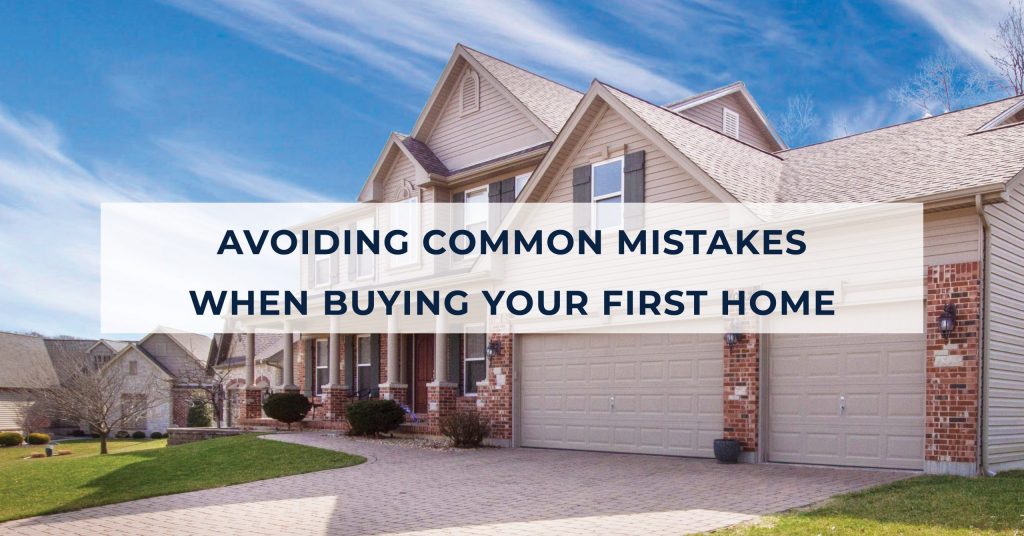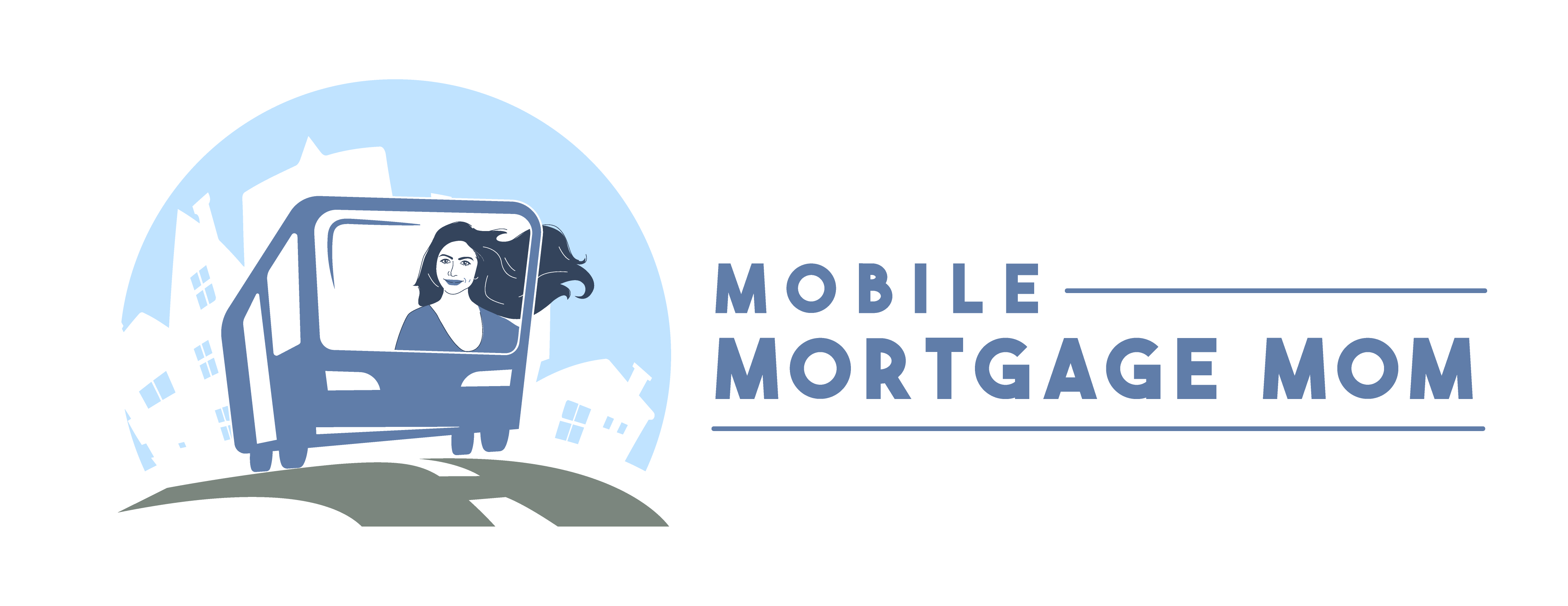
It’s normal to feel confused and a bit overwhelmed when buying your first home—it’s a complex process with many moving pieces. To make your inaugural homebuying experience smooth and successful, here are some common mistakes to avoid when buying your first home.
Not Getting Pre-Approved First
If you’re seriously in the market to buy a home, getting pre-approved with a lender first is a must! A pre-approval involves submitting various financial documents and proof of identity to your lender, as well as allowing them to run a hard credit check on you. A pre-approval differs from pre-qualification in that the former takes a more comprehensive look into your finances and is a hard credit inquiry (your score will drop slightly temporarily); a pre-qualification just gives you a rough estimate on whether you can afford a home based on self-reported information. A pre-approval also has much more weight when you’re house hunting and gives you an idea of how much home you can afford. If you’ve found a home you love, having a pre-approval letter makes you seem like a more serious buyer and can help move the mortgage process along more quickly. Be aware that pre-approval letters are good for 60-90 days, and you’ll need to go through your lender to get an updated one after the first one expires. Once you’re pre-approved, you can find a great real estate agent and shop with confidence!
Buying More House Than You Can Afford
Being able to buy a house is one thing, being able to keep it is another. When your lender comes back with the pre-approval, you’ll be given a figure for the maximum amount you can borrow. Depending on whether you use less than the max or the full amount, that will be reflected in your monthly payment. However, even if you’re approved for a larger sum of money, it’s not always a good idea to go to the limit. A good rule of thumb is to not spend more than 28% of your gross income on mortgage payments. When a significant amount of your paycheck goes to your mortgage, you become house poor. The amount you’re comfortable borrowing is a personal decision, so make sure you have the cash flow to support regular mortgage payments, as well as other homeownership costs.
Overlooking Other Costs
Becoming a homeowner is a huge life change, both personally and financially. If you’ve only ever rented, you might be surprised at just how much owning a home costs. Aside from your regular mortgage payments, you’ll need to account for escrow payments (property taxes and home insurance), regular maintenance costs, and emergency repairs, and sometimes private mortgage insurance (PMI). If your home is part of a homeowner’s association(HOA), expect to pay yearly or monthly dues. Seeing as most of these costs are variable and unpredictable, it’s wise to create separate savings just for home expenses. Try putting aside money as you prepare to begin the homebuying process or after you’ve closed on your home.
Jeopardizing Your Closing
When your lender tells you closing is around the corner, you’re basically home free, right? Not exactly. Your mortgage and home purchase haven’t officially been finalized, so it’s crucial to maintain your credit score, cash supply, and debt-to-income (DTI) ratio until then. Activities to avoid before closing include: quitting your job, applying for or cosigning a loan, applying for a credit card, closing lines of credit, and making large, unnecessary purchases (like buying or leasing vehicles, furniture, or expensive trips). Doing these things can delay or even make you ineligible for mortgage approval. If you’re in what you feel is an emergency situation, contact your loan originator right away and tell them what’s happening. They’ll let you know how best to proceed in a way that won’t threaten your closing.
Using the Wrong Real Estate Agent
Choosing the right real estate agent for your needs is important any time you’re buying or selling a home, but especially if you’re a first-time buyer! Don’t pick just any real estate agent to help you buy your first time—be sure to thoroughly interview and research several local agents. When interviewing agents, ask about their communication style, familiarity with the area, industry experience, local market trends, and reviews from past buyers. Additionally, if you’re using a specialized mortgage to purchase your home (such as a VA loan), seek out agents who are well versed in working with buyers like you. Besides their technical know-how, the strong agent should also be a good listener and friendly.
Buying a home comes with many challenges, and even more so if you’ve never done it before. Fortunately, there are many factors you can control that will mean the difference between having an exceptional home buying experience instead of an exasperating one.
